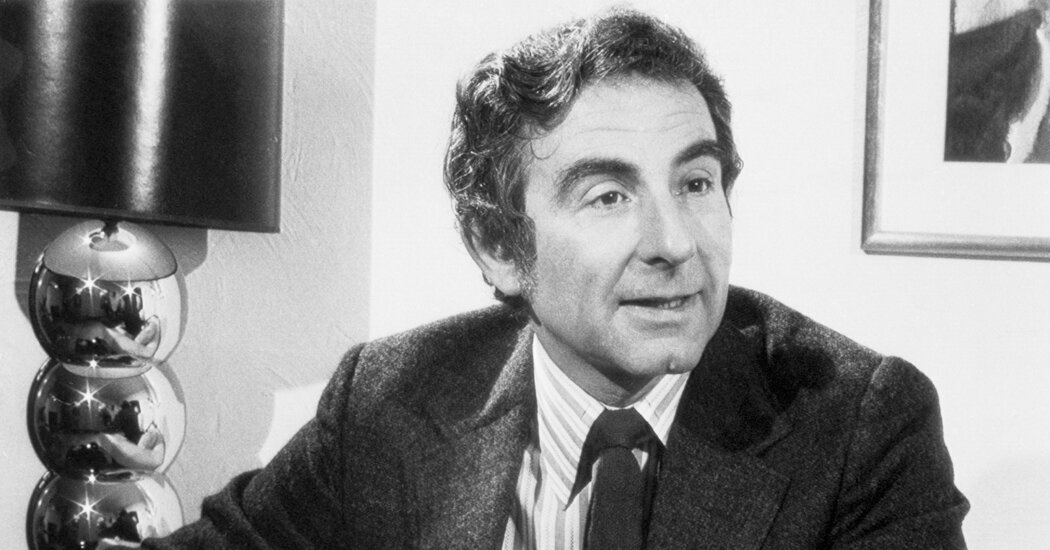He shared the 1972 physics prize for showing how some materials could convey electricity without resistance. He also did pioneering research in neuroscience.
Leon N. Cooper, a Nobel-winning physicist who helped unlock the secret of how some materials can convey electricity without resistance, a phenomenon called superconductivity, and who did pioneering work in understanding how memory and the brain work, died on Wednesday at his home in Providence, R.I. He was 94.
His death was confirmed by his daughter Coralie Cooper.
Dr. Cooper, a longtime professor at Brown University, was something of a bon vivant on its campus in Providence, where he could be seen driving around in a sporty 1968 Chevrolet Camaro convertible. After he received the Nobel Prize in Physics in 1972, sharing it with two colleagues, The Rhode Islander, the Sunday magazine of The Providence Journal, named him its Man of the Year and published a profile of him titled “Dr. Supercool and the First Nobel.”
It was said that Sheldon Cooper, the quirky, geeky character played by Jim Parsons on “The Big Bang Theory,” the hit television sitcom about graduate students at the California Institute for Technology, was in part named after Dr. Cooper.
But it was as a postdoctoral researcher at the University of Illinois Urbana-Champaign that Dr. Cooper first made his mark in the field of superconductivity.
Superconductors can create powerful magnets for use in magnetic resonance imaging machines, and in the giant accelerators that smash particles together to study the origins of the universe.
Superconductivity was accidentally discovered in 1911 by the Dutch physicist and Nobel laureate Heike Kamerlingh Onnes, when he cooled mercury down to minus 452 degrees Fahrenheit, or about 7 degrees above absolute zero. Physicists were astounded by what they found — it was as if they had discovered a perpetual motion machine. Indeed, a current passing through a superconductive material will theoretically never dissipate.
